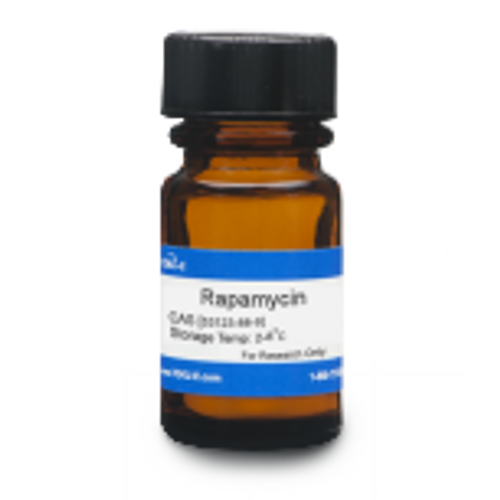Scientists are unraveling the mysteries of rapamycin, a compound first discovered half a century ago on Easter Island, and produced by bacteria found there. This potent life-extender seems to hold transformative potential in treating age-related diseases.
Not only does rapamycin exhibit life-extending properties, but it also has rejuvenating effects. In a short span, it can stimulate hair regrowth and prevent hair loss. It reduces aging-related proteins in the skin and boosts collagen production. Moreover, rapamycin has shown promise in treating age-related diseases such as Alzheimer’s, diabetes, and heart and muscle conditions.
“Rapamycin is not a lab creation; it’s a natural compound,” remarked Dr. Robert Lufkin, an adjunct clinical professor at the University of Southern California Keck School of Medicine, in a conversation with The Epoch Times.
The story of rapamycin’s discovery dates back to December 1964 when a Canadian-led team of 40 researchers ventured to Easter Island. Their mission was to study the island’s population and ecosystem before it was opened to the world through the construction of an international airport by the Chilean government.
Interestingly, the team observed that the indigenous inhabitants, who walked barefoot, never suffered from tetanus. This led to the hypothesis that a protective substance existed in the soil. Indeed, scientists later identified this protective substance in the laboratory. It was a metabolite of Streptomyces hygroscopicus, known for its antibacterial properties.
Despite its potential, rapamycin’s label does not yet claim to extend human life. However, some individuals with a keen interest in longevity have already sought out this medication from their doctors and are taking it regularly in small doses.
Even the government is looking at it.
Much more at Epoch Times: https://www.theepochtimes.com/health/rapamycin-a-drug-that-may-hold-the-secret-to-life-extension-5623260
ABSTRACT from The NIH.
Rapamycin (sirolimus) is an FDA-approved drug with immune-modulating and growth-inhibitory properties. Preclinical studies have shown that rapamycin extends lifespan and healthspan metrics in yeast, invertebrates, and rodents. Several physicians are now prescribing rapamycin off-label as a preventative therapy to maintain healthspan.
Thus far, however, there is limited data available on side effects or efficacy associated with use of rapamycin in this context.
To begin to address this gap in knowledge, we collected data from 333 adults with a history of off-label use of rapamycin by survey. Similar data were also collected from 172 adults who had never used rapamycin. Here, we describe the general characteristics of a patient cohort using off-label rapamycin and present initial evidence that rapamycin can be used safely in adults of normal health status.
